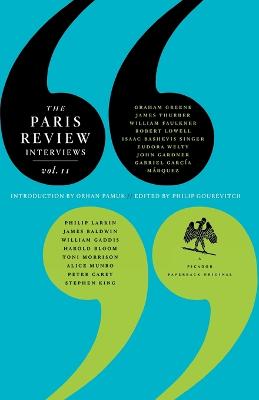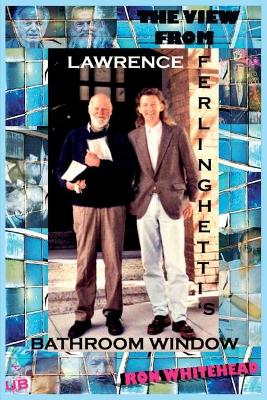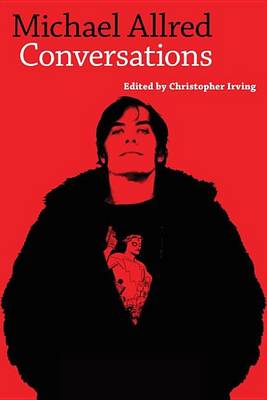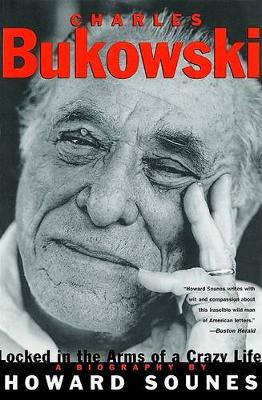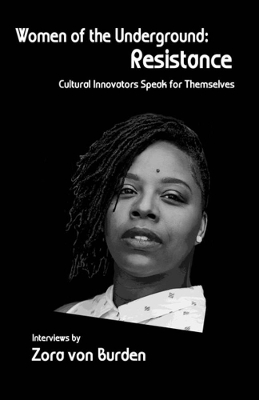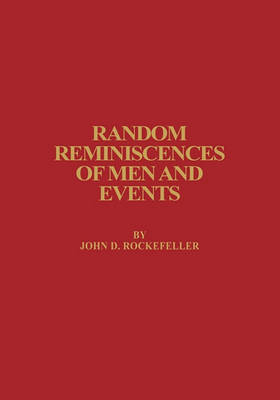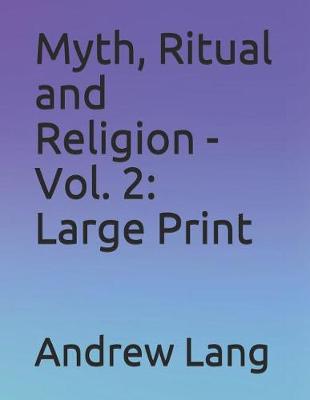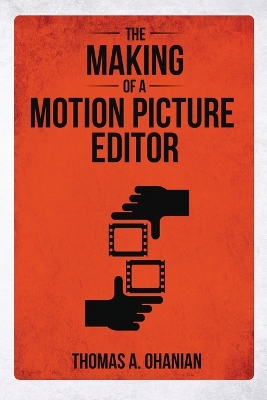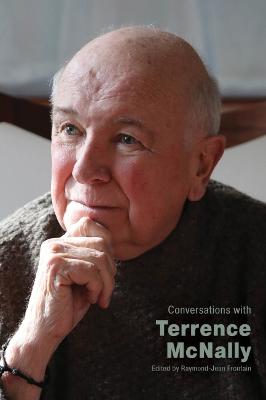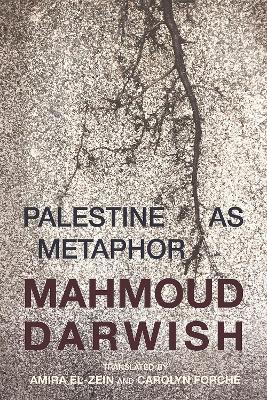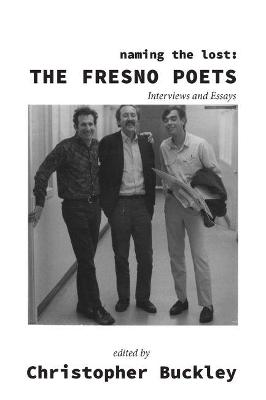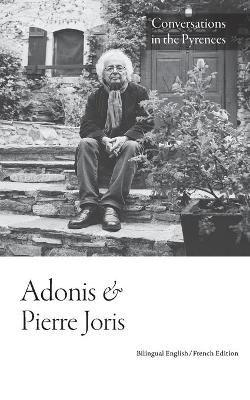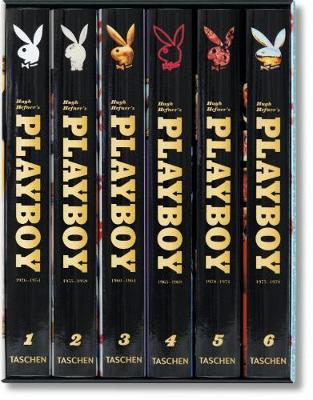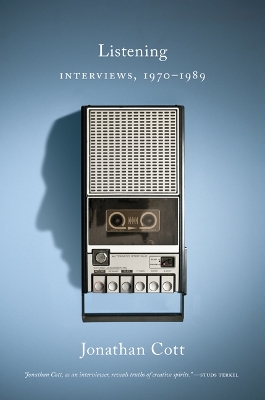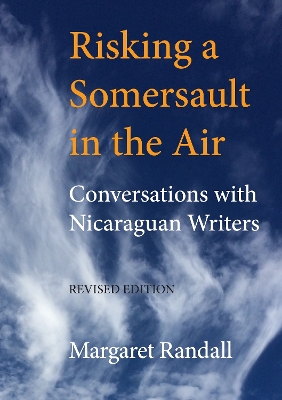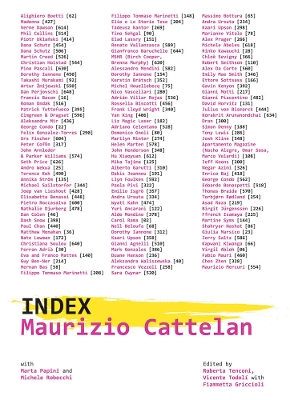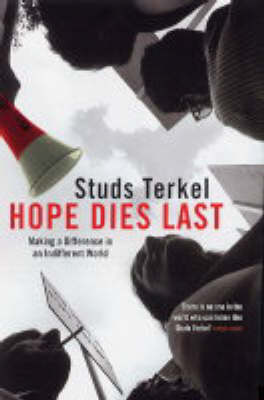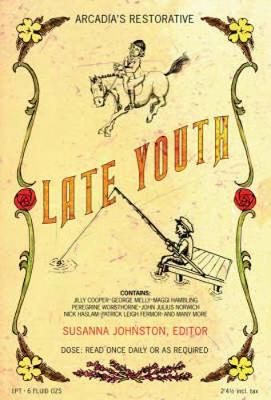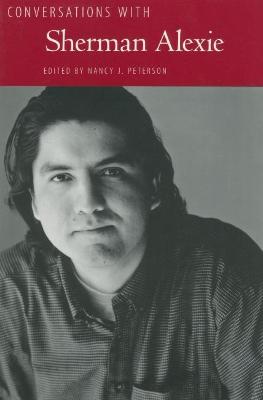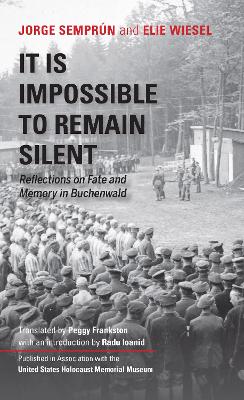The Paris Review Interviews (The Paris Review, Vol 2)
by Philip Gourevitch
Since The Paris Review was founded in 1953, it has given us invaluable conversations with the greatest writers of our age, vivid self-portraits that are themselves works of finely crafted literature. From William Faulkner's determination that a great novel takes ninety-nine percent talent . . . ninety-nine percent discipline . . . ninety-nine percent work, to Gabriel Garcia Marquez's observation that in the first paragraph, you solve most of the problems with your book, The Paris Review has elic...
Two seminal figures of the Beat movement, Allen Ginsberg and William S. Burroughs, discuss literary influences and personal history in a never-before-published three-day conversation following the release of the David Cronenberg film of Burroughs' classic novel Naked Lunch. The visit coincided with the shamanic exorcism of the demon that Burroughs believed had caused him to fatally shoot his common law wife, Joan Vollmer Burroughs, in 1951-the event that Burroughs believed had driven his work as...
Michael Allred stands out for his blend of spiritual and philosophical approaches with an art style reminiscent of 1960s era superhero comics, which creates a mixture of both postmodernism and nostalgia. His childhood came during an era where pop art and camp embraced elements of kitsch and pastiche and introduced them into the lexicon of popular culture. Allred's use of both in his work as a cartoonist on his signature comic book Madman in the early 1990s offset the veiled autobiography of his...
These memoirs provide insights into the development of 19th-century technology, modern American business, and philanthropy.
Conversations with Terrence McNally (Literary Conversations)
Arriving in New York at the tail end of what has been termed the "Golden Age" of Broadway and the start of the Off Broadway theater movement, Terrence McNally (1938-2020) first established himself as a dramatist of the absurd and a biting social critic. He quickly recognized, however, that one is more likely to change people's minds by first changing their hearts, and-in outrageous farces like The Ritz and It's Only a Play-began using humor more broadly to challenge social biases. By the mid-198...
Naming the Lost
Philip Levine came to teach at Fresno State in 1958 and Peter Everwine followed in 1962; C.G. Hanclicek came in 1966 and the initial group of Fresno poets collected here became students and colleagues of theirs. Sadly, about one third of the poets in Naming the Lost are no longer with us. This book focuses then on the community of poets first coming through Fresno, beginning in the early 1960s, starting it all off.Naming the Lost preserves an amazing nexus of poetic talent and fellowship, and d...
"A Renaissance man in the fullest sense of the word... It is the best history book the 21st century has so far produced." -The Independent, London Released on the 60th anniversary of the magazine, this sumptuous six-volume anthology celebrates the decadence, sophistication, and wit of the original men's magazine and its creator. His personal life and career-from cartoon-drawing childhood to astonishing success with Playboy-are revealed in the most intimate portrait ever. Hugh Hefner's Playboy...
A wide-ranging collection of interviews and profiles from twenty years of Jonathan Cott’s remarkable writings “All I really need to do is simply ask a question,” Jonathan Cott occasionally reminds himself. “And then listen.” It sounds simple, but in fact few have taken the art of asking questions to such heights—and depths—as Jonathan Cott, whom Jan Morris called “an incomparable interviewer,” one whose skill, according to the great interviewer and oral historian Studs Terkel, “is artless yet...
First revised edition of interviews with 14 prominent activists whose writings influenced the 1979 Nicaraguan revolution and help us understand present-day Nicaragua Margaret Randall presents a dynamic collection of personal interviews with Nicaragua's most important writer-revolutionaries who played major roles in the 1979 revolution and the subsequent reconstruction. This revised first edition includes a new preface and additional notes that frame the narrative in high relevance to the present...
For Terkel, hope is born of activism, engagement, and a stubborn determination to improve the world. In Hope Dies Last, he talks with a wide range of politically-engaged Americans, musing on fundamental questions: where does hope spring from? How can it sustain us? How does one instil it in others? As well as talking to well-known figures, including Paul Tibbets (pilot of the plane that dropped the bomb on Hiroshima), Sixties activist Tom Hayden and economist John Kenneth Galbraith, Terkel talks...
A Who's Who of Ab Fab over-50s (and their pets, pet hates, wines, menus, travels, cliches, rants, ravings, songs, dances, films, books, fairy tales, passions, villains, recipes, Shangri-Las, sports, collections and liaisons dangereuses...which keep them young!) Contributors include: Arabella Boxer, Viscountess Boxman, Jilly Cooper, John Chancellor, John Hopkins, Francis King, George Melly, Ann Tree, Sir Peregrine Worthsthorne, Nigel Ryan, John Stefanidis, David Plante, Angela Huth, Jane Howard a...
Conversations with Sherman Alexie (Literary Conversations)
Sherman Alexie (b. 1966) gained national attention upon release of The Business of Fancydancing, his first collection of poems, in 1992, when a critic for the New York Times Book Review called him ""one of the major lyric voices of our time."" More recently, in 2007, Alexie won a National Book Award for The Absolutely True Diary of a Part-Time Indian, a young-adult novel based on his own high school experiences. In Conversations with Sherman Alexie, the writer displays the same passion, dynamic...
On March 1, 1995, at the time of the fiftieth anniversary of the liberation of the Nazi concentration camps, ARTE (a French-German state-funded television network) proposed an encounter between two highly-regarded figures of our time: Elie Wiesel and Jorge Semprún. These two men, whose destinies were unparalleled, had probably crossed paths—without ever meeting—in the Nazi concentration camp Buchenwald in 1945. This short book is the entire transcription of their recorded conversation. During...
